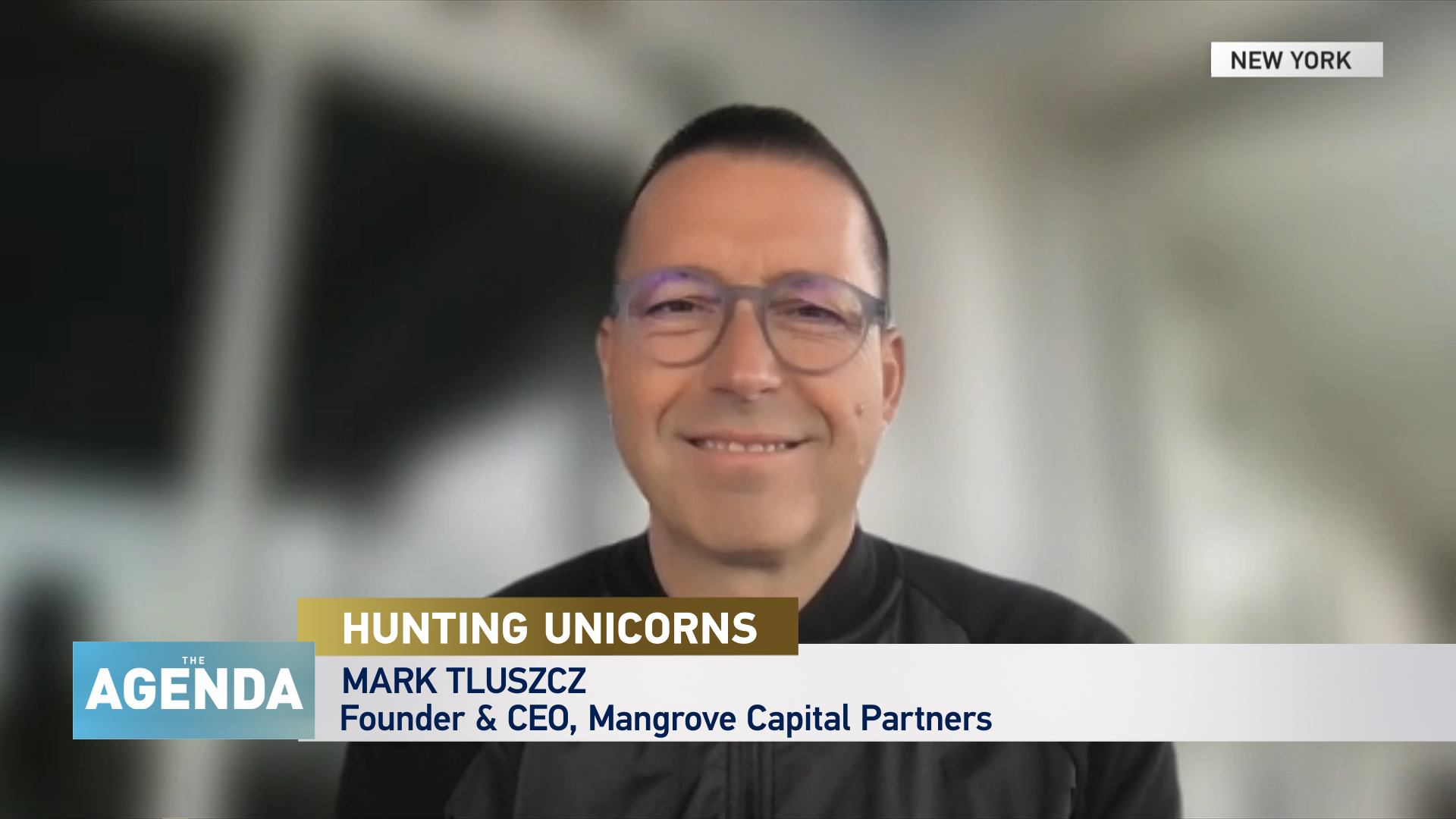12:19

WHAT'S THE ISSUE?
A full three-quarters of all current unicorns have joined the club since 2019, in spite of the covid pandemic and consequent financial meltdown.
So just why is that? Where should the smart investor be looking to put their money?
And is there a danger that the unicorn bubble could burst as swiftly as it arrived?
Mark Tluszcz, co-founder and CEO of venture capital firm Mangrove Capital Partners considers the future of the unicorn.
MEET THE EXPERT
Mark Tluzscz is a Managing Partner and Co-Founder of Mangrove Capital Partners, a venture capital firm, and also serves as the Chairman of Wix.com, as well as on the boards of a number of private Mangrove Capital Partners portfolio companies.
Previously, Mark was a partner for Arthur Anderson LLP in their business consulting practice, and he also led their European venture capital fund.
He is well known in the industry for turning a $2 million investment in Skype into $200m and an $8 million investment in Wix.com into $700m.

WHAT DOES TLUSZCZ SAY?
"We've glorified the status of what it is to be a unicorn," Tluszcz tells Stephen "and I think that's unfortunate. In glorifying it, I think we make it the desire that everybody shoots for. And unfortunately, the status of unicorn doesn't last forever. To use a sports analogy- you’re qualifying your team for the FA Cup final and you're celebrating before you actually play the final. The final in my mind is either you get sold or bought by somebody or you take your company public. So the status of unicorn, I think, is just a step.
He goes on: "As the unicorn status comes, it goes. Many companies have had it, have lost it, have never gotten it back. You know, if you look at many of the ones that are currently in that unicorn list, many will likely never ultimately be sold for anything near that or will likely not go public."
But it's not all doom and gloom – and there are some areas where the shrewd investor could attain great returns: “I think the question is one of timing, when is the sector ready for disruption? And so a lot of the work that we do at our firm is taking out a crystal ball and saying, you know, what's going to be hot or hip in ten years? Right now, we think health care is one of the great areas where there's big opportunities to disrupt the existing system, right? I mean, across Europe, we spend about 12 percent of our GDP on health care, in the U.S. it's 17 percent and our population is not getting any younger. And so the only way we fundamentally change that is by applying technology to trying to solve some of these issues. How can software how can the internet just make it easier, better, cheaper, right? For people, for consumers, but also for prescribers, governments and things like that to operate. So that's for me is one of the really, really great areas of opportunity.




